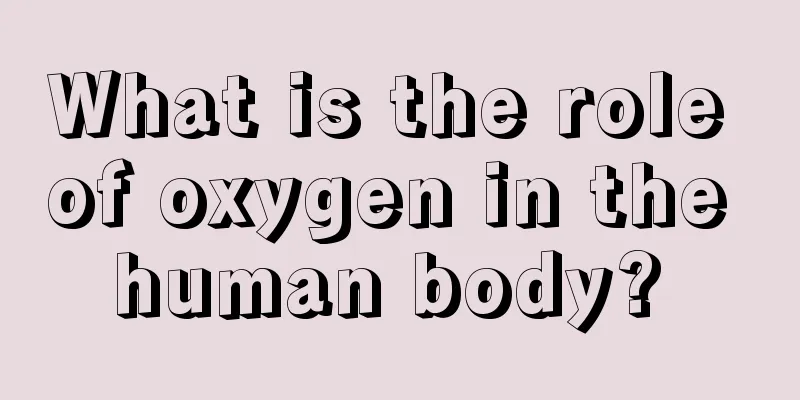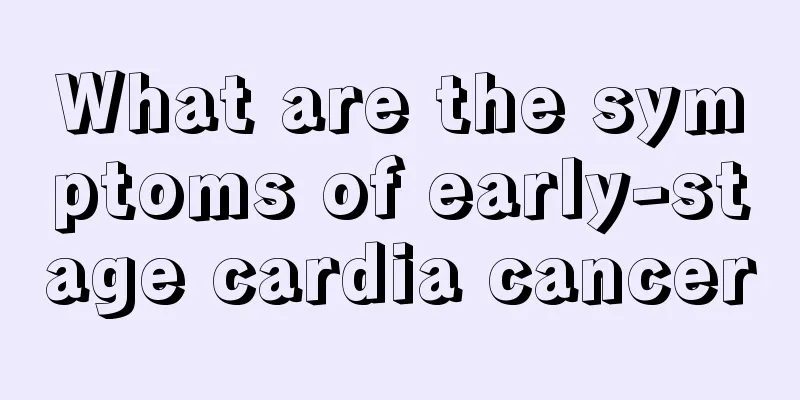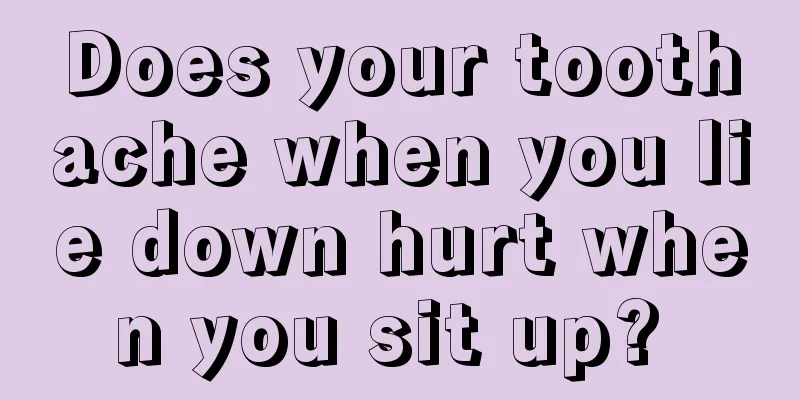What is the role of oxygen in the human body?

|
Everyone is breathing all the time. People usually breathe air. As we all know, the air contains many gases besides nitrogen and oxygen. After oxygen enters the human body, it will undergo a series of changes, and eventually the human body will expel carbon dioxide. In short, oxygen is an essential gas for the human body. Severe lack of oxygen will lead to death. So what role does oxygen play in the human body? The role of oxygen in the human body: Oxygen is important for your energy and health. Unless the body gets enough oxygen, symptoms such as fatigue, hyperventilation and fainting occur, and in extreme cases, death can occur. The role of oxygen Any change in oxygen levels affects the way your body breathes. Oxygen requirements vary from person to person and are completely dependent on the body's ability to adjust and compensate for low oxygen. Since oxygen is used as energy, it is an indispensable element for human survival. Cells in the body need oxygen to survive. Respiratory system The breathing process involves the inhalation and exhalation of air. Air enters the lungs as the chest muscles expand. The muscles then contract to force the air out. It's a simple but necessary process that keeps oxygen moving throughout the body. Air passes through the trachea into the lungs, where hemoglobin in red blood cells carries oxygen to the heart. Eventually, the carbon dioxide is returned to the lungs and exhaled out of the body. cycle Air passes through the bronchioles to tiny air sacs called alveoli. Here, small blood vessels carry blood through these alveoli and replace it with fresh oxygen. The capillaries carry this oxygen-rich blood from the lungs to the left ventricle of the heart, where it is pumped through the arteries to all parts of the body. The cells receive oxygen from the blood and remove waste products, such as carbon dioxide, which are then transported to the right ventricle via the veins. The blood here contains very little oxygen and is mostly waste. The blood is pumped back to the lungs, where it carries waste products through the capillaries into the alveoli. At this time, the carbon dioxide is expelled from the body through exhalation. Cellular Processes Cellular processes require oxygen to burn calories obtained from food. This process is used to convert food into energy, and is the opposite of photosynthesis, where plants convert energy into sugars. A cyclic sequence called the citric acid cycle (or Krebs cycle) drives this step within the cell. The process stores energy in cells called ATP, uses oxygen and produces carbon dioxide and water. Important elements Oxygen enables the body to convert food into energy. When deprived of oxygen, cellular respiration ceases and leads to cell death. The building blocks of proteins (amino acids) contain oxygen, so proteins also use oxygen as part of their molecular structure. The same is true for carbohydrates and fats. Since these molecules make up the majority of body tissue, oxygen is also one of the important elements that make up the human body itself. |
<<: How to take care of air bangs?
>>: Why can toothpaste treat athlete's foot?
Recommend
What's the pain in my butt? Is it hemorrhoids?
The most common cause of pain in the buttocks is ...
Summer food stall recipes
Although the weather seems to be hot in summer, p...
What is hepatitis C antibody positive? Why is it so contagious?
Hepatitis C antibody refers to an antibody on the...
What are the benefits of washing your face with salt water
In daily life, people wash their faces every morn...
What are the benefits of practicing Taekwondo
Taekwondo is a relatively common fighting techniq...
Types and treatments of skin diseases
What are the types of skin diseases and their tre...
How can liver cancer patients prolong their lifespan? A comprehensive analysis of the lifespan of liver cancer patients
How can liver cancer patients prolong their lifes...
Can I still do push-ups if I have lumbar muscle strain?
Everyone knows that push-ups are an exercise that...
What are the effects and functions of ground claw leaves
I believe that people are familiar with sweet pot...
Beware of multiple neurofibromatosis in children
Neurofibromatosis (NF) is an autosomal dominant g...
What are the ointments for scrotal eczema?
The scrotum is more prone to bacteria accumulatio...
What aspects does anti-infection treatment for lung cancer include
Anti-infection treatment during lung cancer treat...
Furuncle drainage surgery process
When you have boils on your body, if they are ser...
What are the contrast agents for fallopian tubes
Hysterosalpingography is a method to check whethe...
There is a mole on the glans
Everyone has a few moles on their body, which is ...









